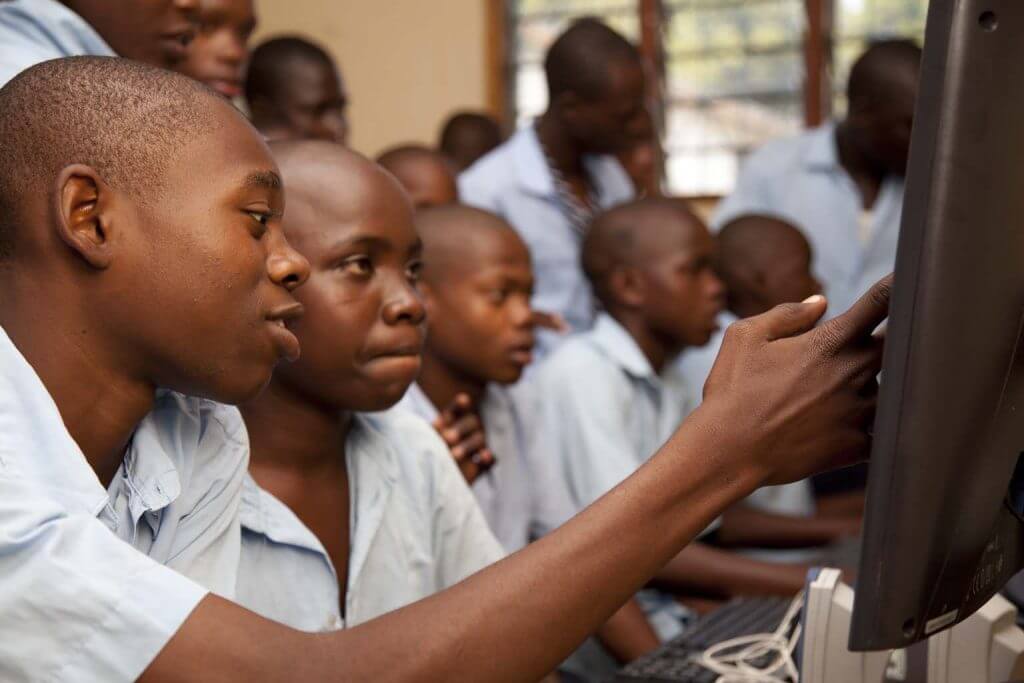
The rise of digital commerce in Africa will benefit 80 million young people by 2030. These findings were revealed in a recent study by Master Foundation in partnership with BFA.
Digital commerce harnesses an array of technologies such as the Internet of Things, robotics, data analytics, artificial intelligence and cloud computing. And, it does so in a way that will have profound effects on the real economy in products, services and employment. Digitisation is already disrupting entire sectors, such as transport, accommodation and retail, and digital commerce is driving these phenomenons.
According to the African Union Concept Note of July 2018, e-commerce has the potential to contribute towards increasing intra-African trade, which stands at around 18 percent. Besides boosting intra-African trade, digital commerce will also open up opportunities for young Africans entering the workforce through the gig economy. Instead of joining a company for a 9 to 5 job, technology gives young people the flexibility to work globally without the barriers of traditional employment.
“A substantial number of young people could benefit from the rise of digital commerce in Africa, lifting themselves and their families out of poverty. Policymakers have a distinct opportunity to shape the future of work for the African youth by designing growth-enabling policies. These policies need to unlock the potential of digital commerce while addressing its risks,” said Tricia Williams, Senior Manager, Strategy and Learning at the MasterCard Foundation.
There are, however, forces and uncertainties that will shape the landscape in which digital commerce will develop in Africa as we move toward 2030. Forces are not trends, but rather the most powerful and most certain dynamics shaping the landscape that is likely to appear under almost any scenario. The five main forces that were identified by Master Foundation and BFA are:
The most recent projections from the International Labour Organisation (ILO) show the total labour force in sub-Saharan Africa rising from 417 million in 2018 to over 460 million by 2022. Close to 200 million young people will enter the workforce in the next 12 years, which is almost an unstoppable force when you consider the large number of people seeking employment who are faced with mainly low-quality informal-sector jobs.
These powerful forces will result in an increase in the share of digital commerce of total sales under almost any scenario. There are, however, uncertainties that will affect the digital outcome. One of the major uncertainties is knowing if global trade and tax regimes will cohere.
This will depend on the following:
• Whether the international trade environment accelerates digital commerce at the global level (World Trade Organisation),
• Whether the emerging international tax agreements act as an enabling factor for digital commerce, and
• Whether the international postal agreement reached under the auspices of the Universal Postal Union (UPU, which is a UN agency) evolves to a new version that accelerates cross-border digital commerce.
If the international framework for a digital regime coheres, it will result in positive outcomes for cross-border trade for developing countries.
The changing nature of work, increased connectivity and the growing reach of domestic digital payment systems all indicate that digital commerce will continue to grow in Africa. The uncertainties are beyond the control of any one African country policymaker, but we are eager to see how the situation pans out for the benefit of African youth. Contact AFR-IX Telecom for more information about connectivity solutions.




